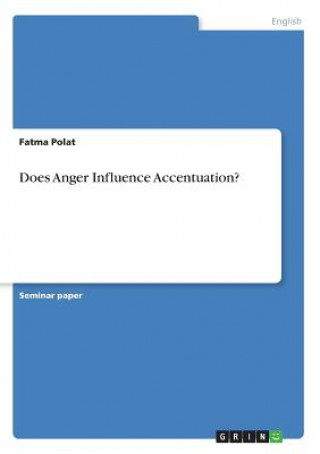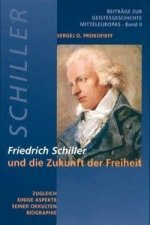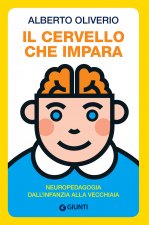
Versand
Kaufberater





Passt nicht? Macht nichts! Bei uns ist die Rückgabe innerhalb von 30 Tagen möglich
 Geschenkgutschein
In einem beliebigen Wert
Geschenkgutschein
In einem beliebigen Wert
Mit einem Geschenkgutschein können Sie nichts falsch machen. Der Beschenkte kann sich im Tausch gegen einen Geschenkgutschein etwas aus unserem Sortiment aussuchen.
Does Anger Influence Accentuation?
 Englisch
Englisch
 107 b
107 b
30 Tage für die Rückgabe der Ware
Das könnte Sie auch interessieren


Seminar paper from the year 2016 in the subject English Language and Literature Studies - Linguistics, grade: 1,3, University of Tubingen, language: English, abstract: In linguistics, there are only few studies that investigate the correlation between emotion and language since language and cognition were treated as autonomous systems. One of the few books that puts an emphasis on this topic and analyses it in detail is Monika Schwarz-Friesel's "Sprache und Emotion" published in 2012. The paper proves that in some situations, anger definitely influences accentuation. Hence, epithets which behave like a pronoun and therefore refer to a previously mentioned DP are accentuated in many cases, since it was uttered by an angry person. People are loving, suffering, and reflective human beings, because they have feelings. Emotions and feelings are reflected in all areas of existential human experience. With language, we express our subjective feelings. Thus, the relation between language and emotion is an important phenomenon, especially in the interpretation of the mediated. This area, however, has been excluded for long from linguistics and cognitive science investigation because they saw language and cognition as autonomous systems that were not heavily influenced by emotions. However, it is generally believed that the universal ability to primary emotions are innate. Basic emotions, such as happiness, anger, disgust, fear, contempt, and sadness can be recognized and expressed by people in all cultures. These emotions occur relatively short and intense . For some years now, as Schwarz-Friesel describes, there is an "emotional turn" (ibid.). Emotions are now regarded as determinative parts of cognitive states and processes. Particularly in the area of language processing -both production and reception of linguistic utterances- shows the influence of language on cognitive processes (cf. Schwarz-Friesel 2 ff.). With (linguistic) utterances, emotions are expressed and named, aroused or intensified (cf. Schwarz-Friesel 6). In this paper, I want to investigate the following hypothesis: When a speaker is angry, s/he puts an emphasis not only on the verb but also on the epithet which has a negative connotation (e.g. masseur - torturer) or even is an insult (e.g. boss - idiot). Hence, the aim of this paper is to show that in selected examples, the referential DP (the epithet), which is already given, is stressed.
Informationen zum Buch
 Englisch
Englisch


 Kontakt
Kontakt Wie einkaufen
Wie einkaufen























